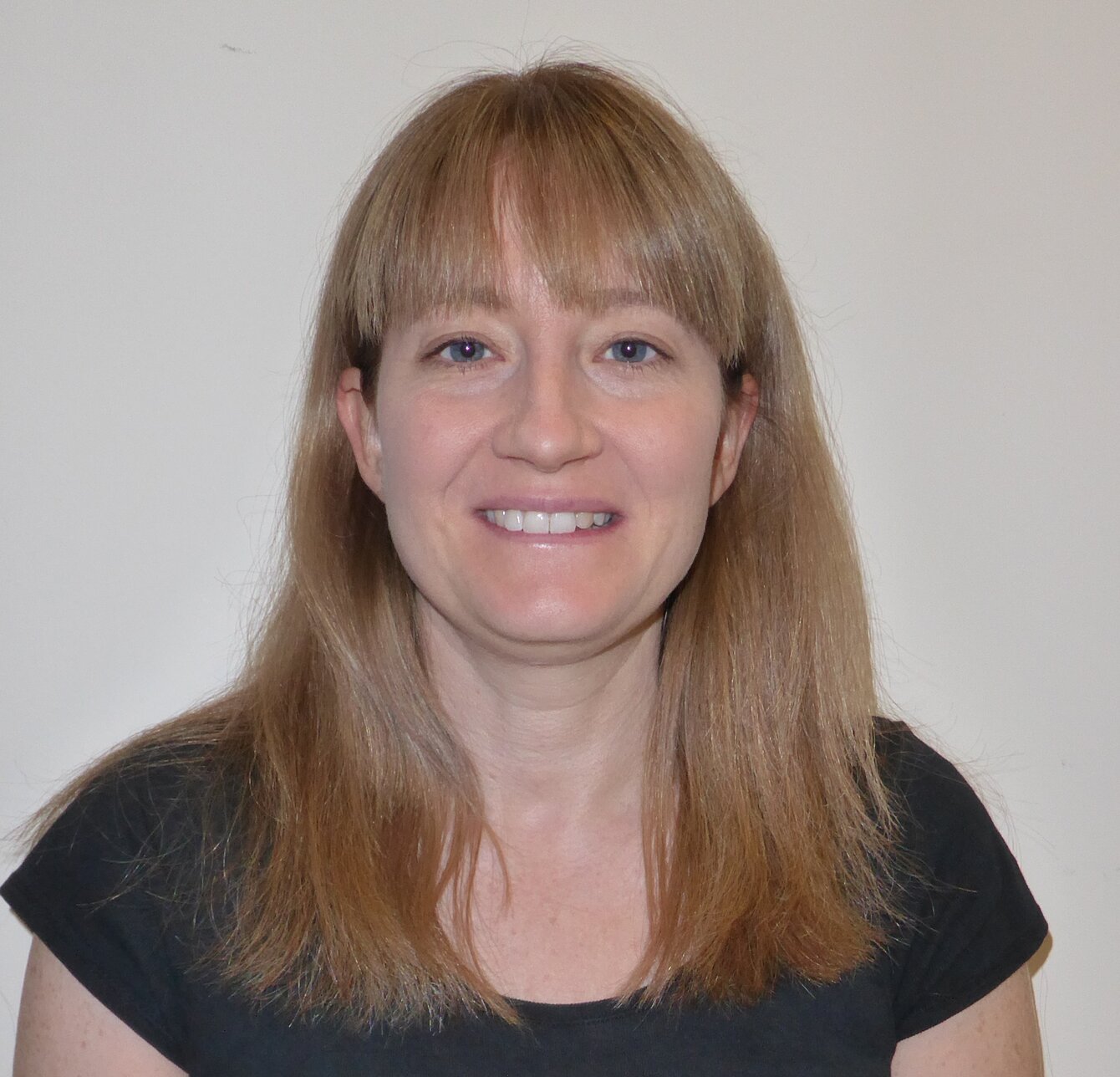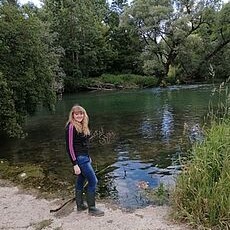Sally Priest

Professor at the Flood Hazard Research Centre, Middlesex University
Sally is Head of the Flood Hazard Research Centre and has 25 years of experience researching the socio-economic aspects of flood risk. She has explored a diverse range of flooding issues including: the benefits of flood warning, the potential for risk to life from flooding, flood vulnerability, risk communication, flood risk benefit appraisal, risk governance and the current and future viability of flood risk insurance. An investigator on the JPI SOLARIS research project she is currently investigating socio-spatial inequalities and the justice implications of flood risk management. She will be using insights from this project to provide social justice insights for natural flood risk management
Email: S.Priest@mdx.ac.uk;
JPI SOLARIS project : https://jpi-climate.eu/project/solaris/
Flood Hazard Research Center on twitter: @FHRC_MDX
Chris Short
Associate Professor in Environmental Governance in the Countryside and Community Research Institute at the University of Gloucestershire.
In my research over the past 25 years I have focused on the relationship between different land uses, communities and policies as well as the innovations that can result from decision making at different scales. A key theme has been the need for differing interests to work collectively for a successful transition in our understanding to meet the needs of climate change and environmental decline. As a result I have been involved in many local, UK government and international projects that seek to bring people together on these issues. Nature-based solutions are an excellent example of this, often as parted on an integrated catchment management approach or landscape scale management for nature recovery.
Email cshort[at]glos.ac.uk
X: @chrisshortccri
Cybille Staentzel

Associate professor at ENGEES (Ecole nationale du génie de l’eau et de l’environnement), Strasbourg (France)
With a solid background in fundamental and applied research stemming from doctoral studies focusing on the aquatic fauna and flora of the Upper Rhine, Cybill Staentzel now advocates for action-oriented research to serve the biodiversity of rivers and streams. What sets her research activities apart is her ability to translate tools and approaches from disciplines such as geography, mathematics, or computer science to address key environmental questions. The goal is to explore innovative avenues for assessing the benefits of restoration efforts, measuring the impact of human activities, or confirming the restoration of functional processes ensuring the expression of biodiversity itself. Currently, Cybill Staentzel is a researcher and lecturer at the National School of Water and Environmental Engineering in Strasbourg (ENGEES) and is affiliated with the UMR 7362 CNRS LIVE laboratory, where she participates in several national and international projects to promote knowledge production, on-the-ground action, and knowledge dissemination to younger generations for a sustainable reconciliation between humans and terrestrial/aquatic ecosystems.
E-mail : cybill.staentzel[at]engees.unistra.fr
Profile : https://live.unistra.fr/live/annuaire/staentzel-cybill

